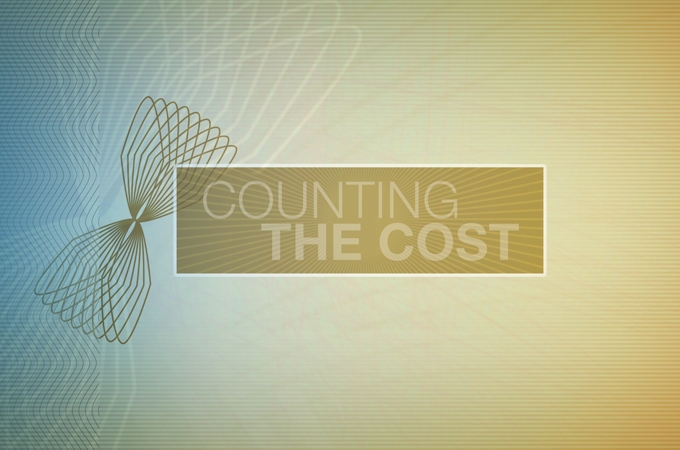
Davos 2014: What is at stake?
As world leaders meet at the World Economic Forum, we ask what it would take to lessen the divide between rich and poor.
The World Economic Forum, commonly referred to as the Davos Annual Meeting, started on January 22, in Switzerland.
The theme of this year’s gathering is ‘The Reshaping of the World: Consequences for Society, Politics and Business,’ which looks at the causes of future global instability, like climate change, income inequality and the vast and growing rates of youth unemployment around the world.
It is often described as a giant networking event, or as London Mayor Boris Johnson has said: “It is a constellation of egos in an orgy of adulation.”
One of the highlights of the event was the speech by Iran’s President Hassan Rouhani. Making his most public effort yet to present a friendly face to the world, he said: “No country can resolve their problems on their own. No economic institution can actually grow without paying attention to social issues. No power can have permanent domination over anything. The economic recession, the economic problems in the world show that all of us are on the same ship, the same boat. And if we do not have wise pilots for the ship, we will have problems. Recent problems have shown that economic policies should be based on social justice and the interests of everybody involved … so that everybody’s interests are protected … so that we have durable systems of governance … so that all people can benefit from them.”
Rouhani is positioning himself as a leader vital to global stability and security. His was a speech that combined themes of conciliation, moderation and investment.
Japanese Primer Minister Shinzo Abe also took the chance to remind everyone that Asia has become the growth engine of the world.
But while world leaders are discussing growth, Oxfam said in advance of the annual meeting that the world’s elite have rigged laws in their own favour, undermining democracy and creating a chasm of inequality across the globe.
Inequality has run so out of control, that the 85 richest people on the planet “own the wealth of half the world’s population,” Oxfam said in an introduction to a new report on widening disparities between the rich and poor.
The report exposes the “pernicious impact” of growing inequality that helps “the richest undermine democratic processes and drive policies that promote their interests at the expense of everyone else,” the statement said.
“It’s completely unsustainable. In a world of finite resources to have half of the world’s people own the same as just 85 rich billionaires we think is crazy and doesn’t make any sense,” said Max Lawson, Oxfam’s head of advocacy and public policy.
So with a report showing that half of the world’s wealth is in the hands of just 85 people, how can the wealth gap finally be addressed? Will the meeting lead to new regulations? And can another global financial crisis be prevented?
Watch each week at the following times GMT: Friday: 2230; Saturday: 0930; Sunday: 0330; Monday: 1630. Click here for more Counting the Cost . Follow Kamahl Santamaria @KamahlAJE and business editor Abid Ali @abidoliverali |
